Christian Leaders of the Eighteenth Century
| Weight | 1.4 lbs |
|---|---|
| Dimensions | 8.8 × 5.4 × 1.25 in |
| ISBN | 9781848711730 |
| Binding | Cloth-bound, eBook (ePub & Mobi), Cloth-bound & eBook (ePub & Mobi) |
| Topic | 18th Century, History and Biography |
| Original Pub Date | 1868 |
| Banner Pub Date | Nov 21, 2017 |
| Page Count | 424 |
| Format | Book |
Book Description
Although much has been written on the evangelical revival of the 18th century, J. C. Ryle’s Christian Leaders of the Eighteenth Century remains the best popular introduction to this great spiritual era. With simplicity and vigour, he traces the lives of the eleven Christian leaders who ‘shook England from one end to another’, giving strong reasons for his belief ‘that excepting Luther and his Continental contemporaries, and our own martyred Reformers, the world has seen no such men since the days of the apostles.’
But Ryle does not write to prompt admiration, and his conclusions and applications of his subject are among the most forceful that ever came from his pen. ‘I am obliged to say plainly that, in my judgment, we have among us neither the men nor the doctrines of the days gone by…Once let the evangelical ministry return to the ways of the 18th century, and I firmly believe we should have as much success as before. We are where we are, because we have come short of our fathers.’
At the beginning of last century, Canon A. M. W. Christopher of St. Aldate’s, Oxford, declared that he had turned to Ryle’s book during every summer vacation for thirty years. It is time Christian Leaders of the Eighteenth Century was so read again.
Table of Contents Expand ↓
| Author’s Preface | vii | |
| 1 | The religious and moral condition of England at the beginning of the eighteenth century | 1 |
| 2 | The agency by which Christianity was revived in England in the middle of the eighteenth century | 11 |
| 3 | George Whitefield | 19 |
| 4 | John Wesley | 51 |
| 5 | William Grimshaw | 91 |
| 6 | William Romaine | 135 |
| 7 | Daniel Rowland | 165 |
| 8 | John Berridge | 199 |
| 9 | Henry Venn | 237 |
| 10 | Samuel Walker | 287 |
| 11 | James Hervey | 309 |
| 12 | Augustus Toplady | 337 |
| 13 | John Fletcher | 363 |
| Conclusion | 403 |
You may also like…
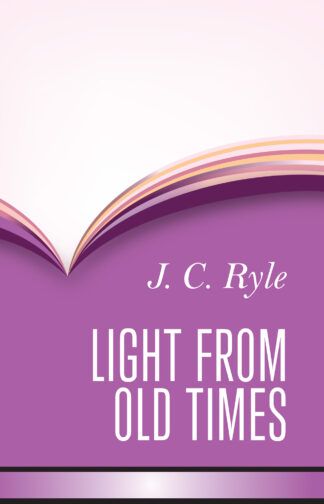
Description
Book Description Although much has been written on the evangelical revival of the 18th century, J. C. Ryle’s Christian Leaders of the Eighteenth Century remains the best popular introduction to this great spiritual era. With simplicity and vigour, he traces the lives of the eleven Christian leaders who ‘shook England from one end to another’, […]
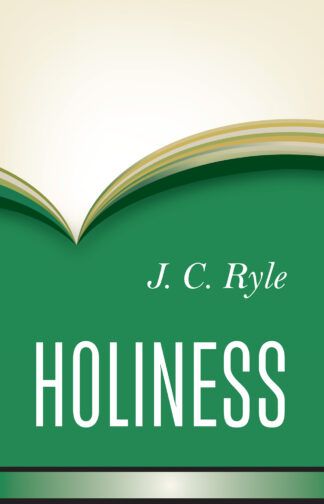
Holiness
Its Nature, Hindrances, Difficulties, and Roots
Description
Book Description Although much has been written on the evangelical revival of the 18th century, J. C. Ryle’s Christian Leaders of the Eighteenth Century remains the best popular introduction to this great spiritual era. With simplicity and vigour, he traces the lives of the eleven Christian leaders who ‘shook England from one end to another’, […]
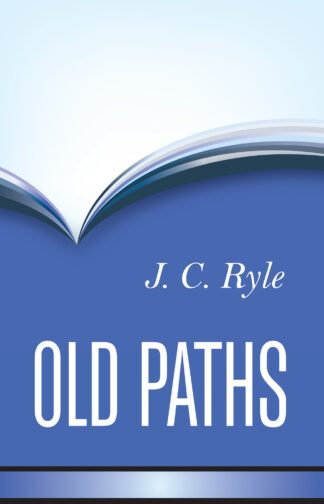
Old Paths
Being Plain Statements on Some of the Weightier Matters of Christianity
Description
Book Description Although much has been written on the evangelical revival of the 18th century, J. C. Ryle’s Christian Leaders of the Eighteenth Century remains the best popular introduction to this great spiritual era. With simplicity and vigour, he traces the lives of the eleven Christian leaders who ‘shook England from one end to another’, […]
Related products
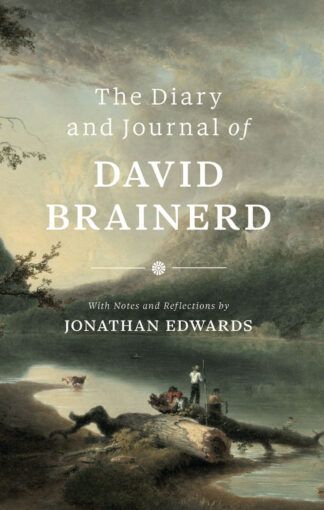
The Diary and Journal of David Brainerd
With Notes and Reflections by Jonathan Edwards
Description
Book Description Although much has been written on the evangelical revival of the 18th century, J. C. Ryle’s Christian Leaders of the Eighteenth Century remains the best popular introduction to this great spiritual era. With simplicity and vigour, he traces the lives of the eleven Christian leaders who ‘shook England from one end to another’, […]
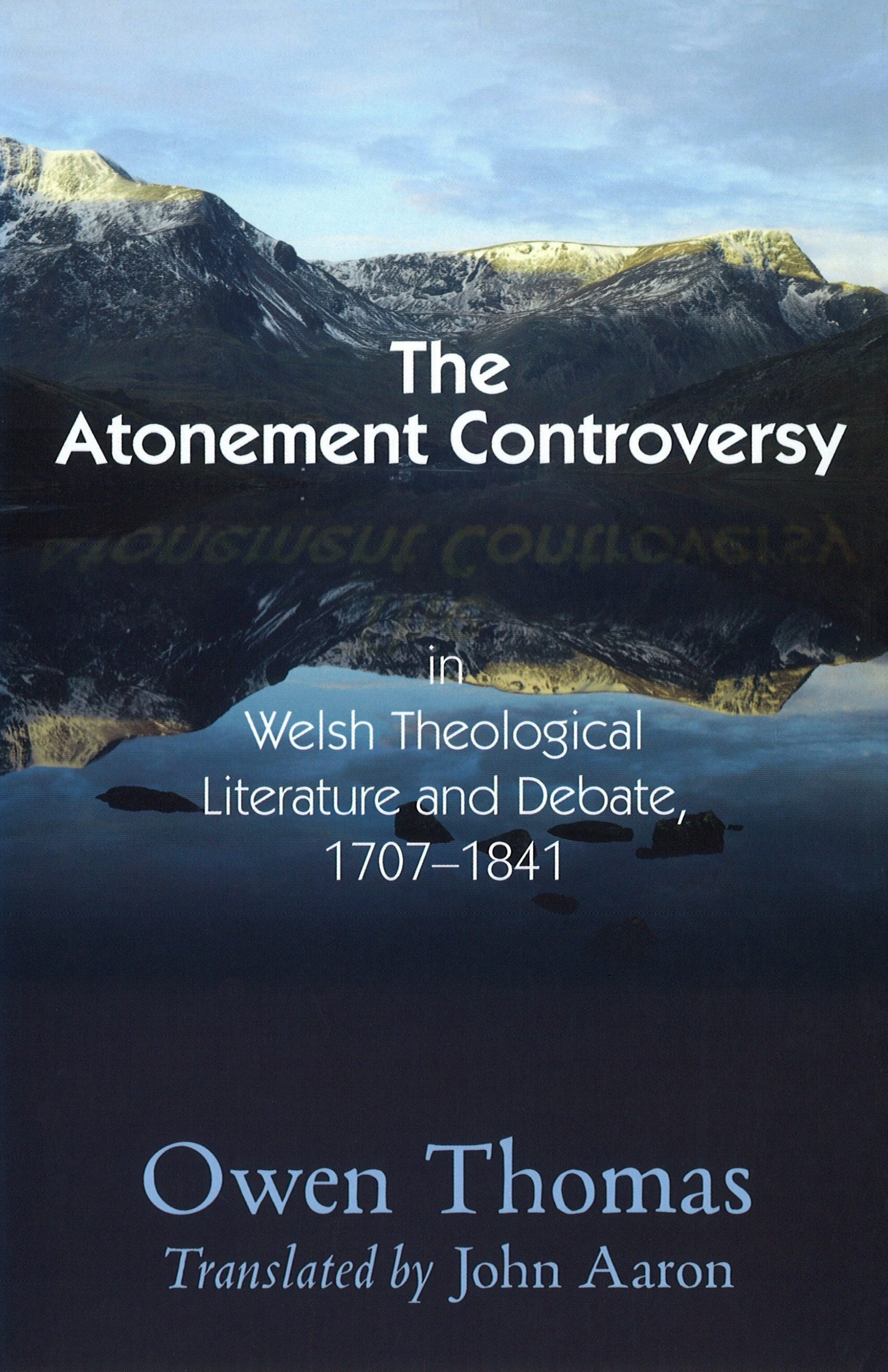
The Atonement Controversy
In Welsh Theological Literature and Debate, 1707 - 1841
Description
Book Description Although much has been written on the evangelical revival of the 18th century, J. C. Ryle’s Christian Leaders of the Eighteenth Century remains the best popular introduction to this great spiritual era. With simplicity and vigour, he traces the lives of the eleven Christian leaders who ‘shook England from one end to another’, […]
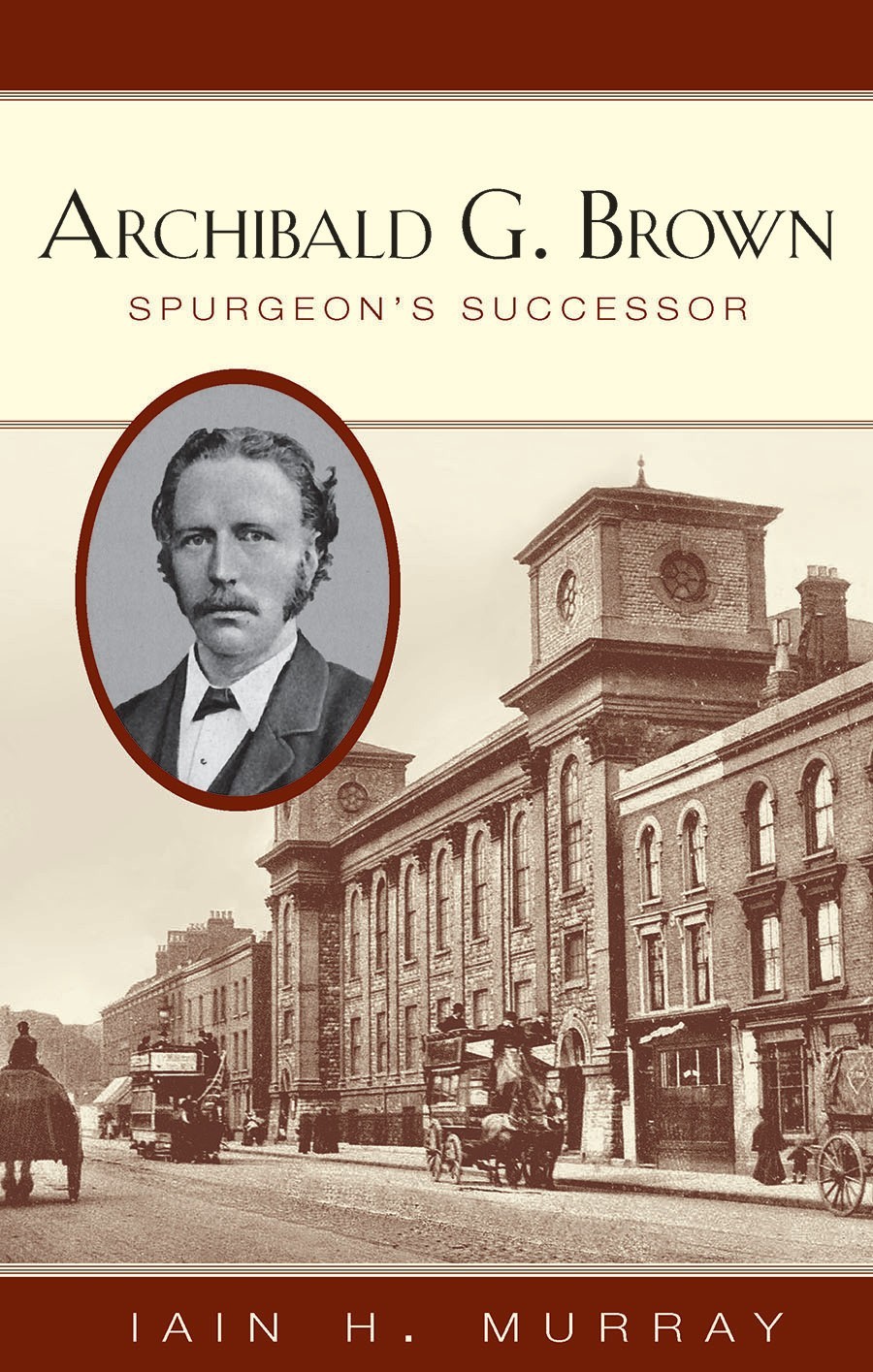
Archibald G. Brown
Spurgeon's Successor
Description
Book Description Although much has been written on the evangelical revival of the 18th century, J. C. Ryle’s Christian Leaders of the Eighteenth Century remains the best popular introduction to this great spiritual era. With simplicity and vigour, he traces the lives of the eleven Christian leaders who ‘shook England from one end to another’, […]

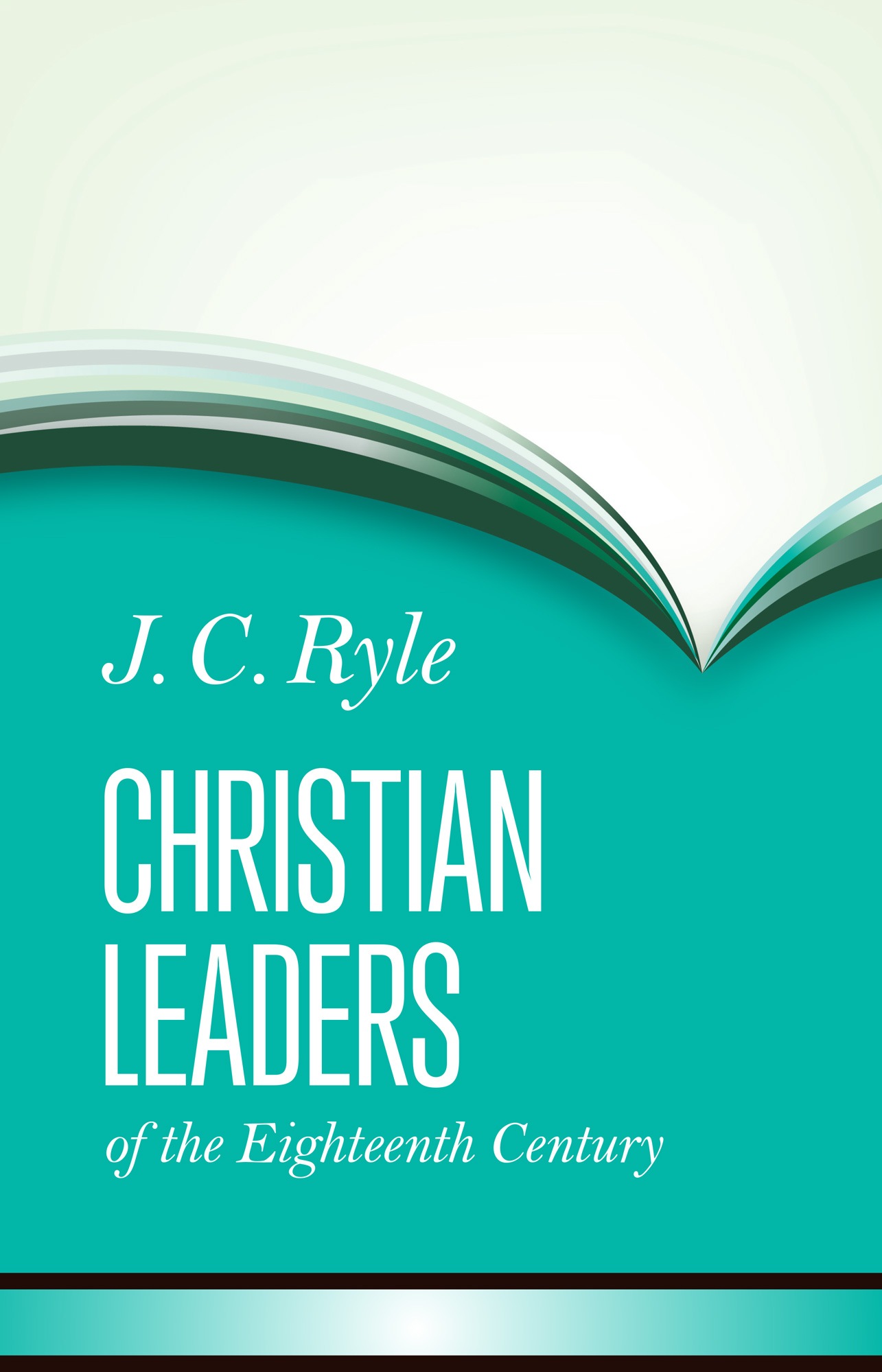
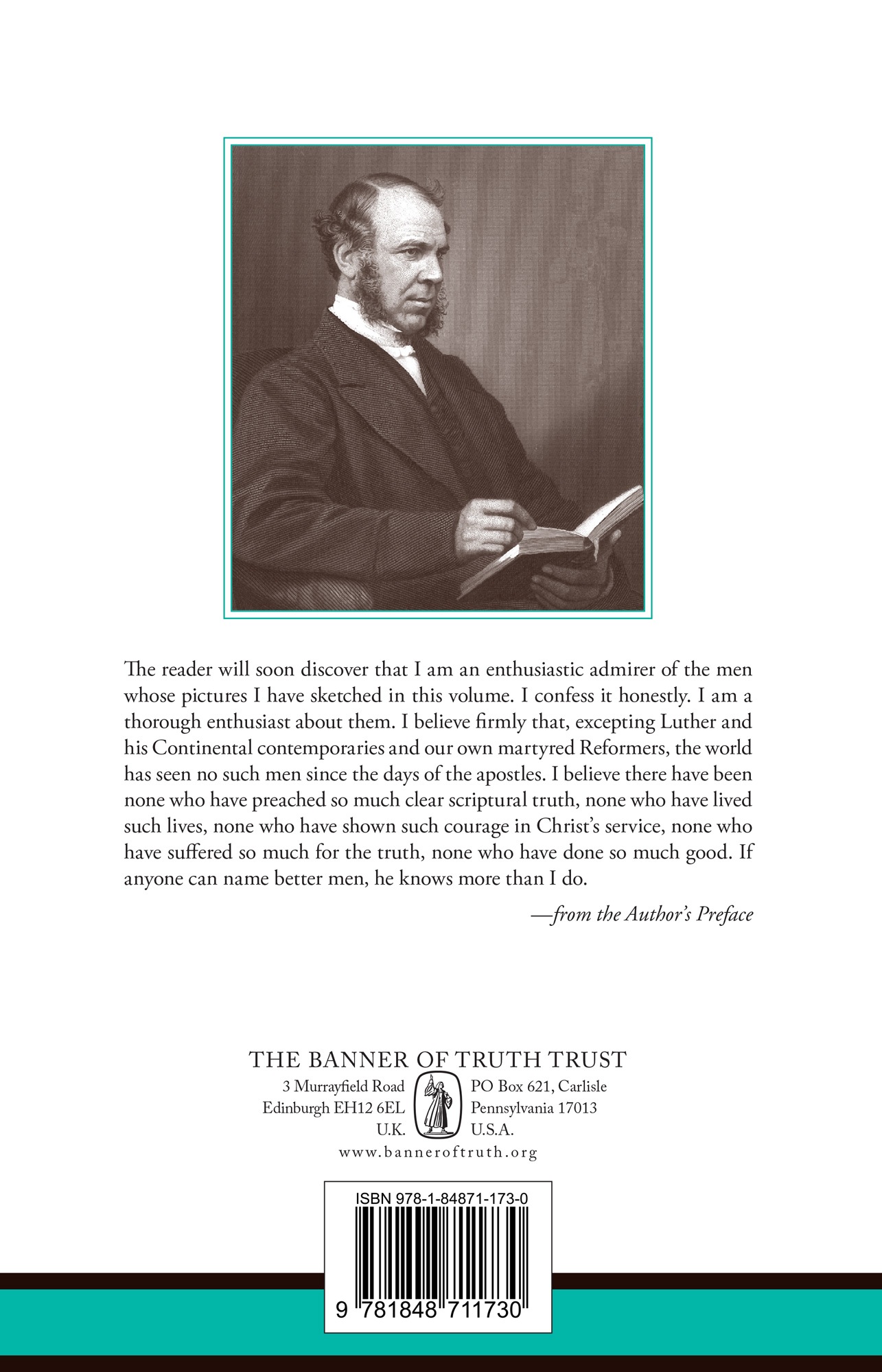
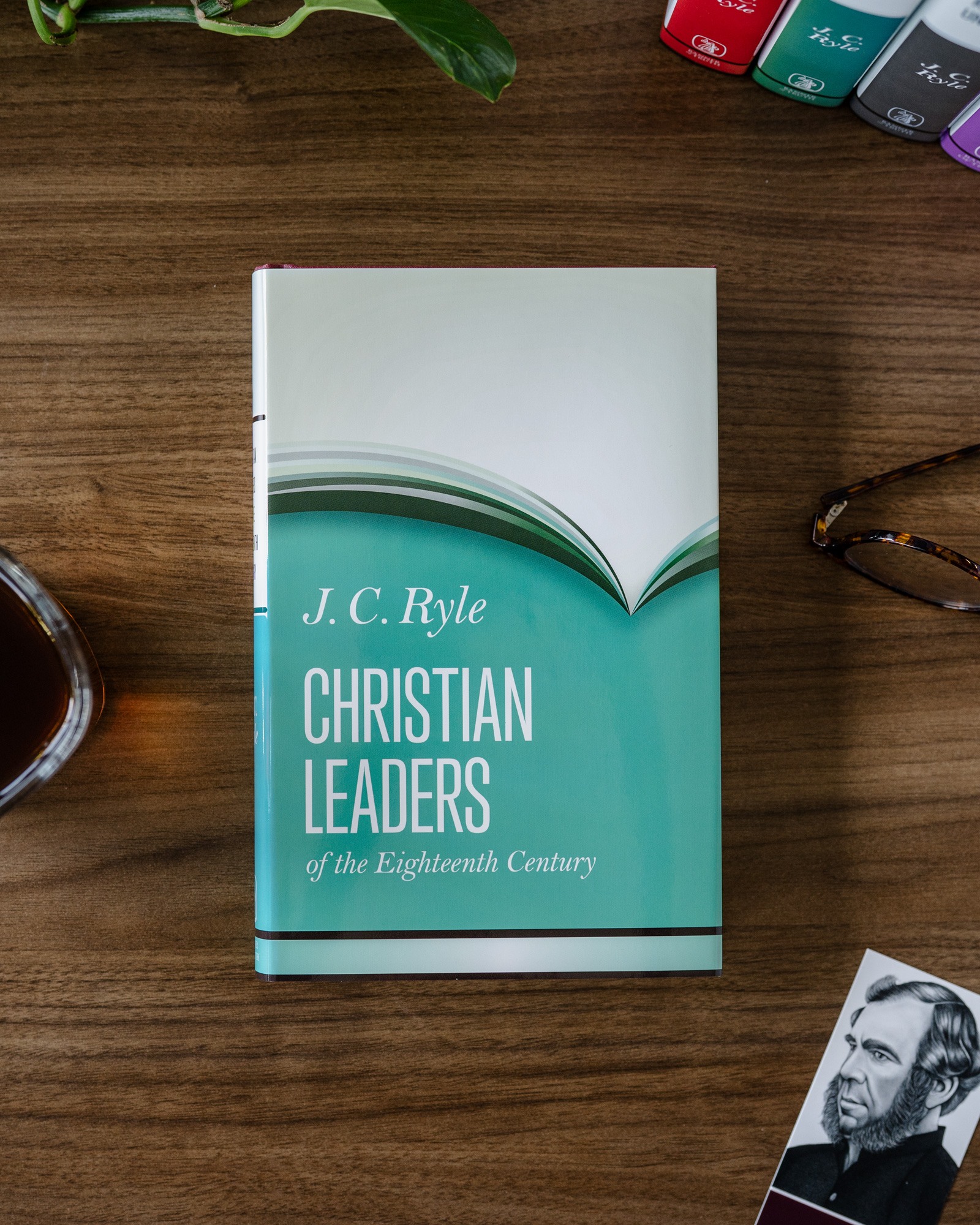

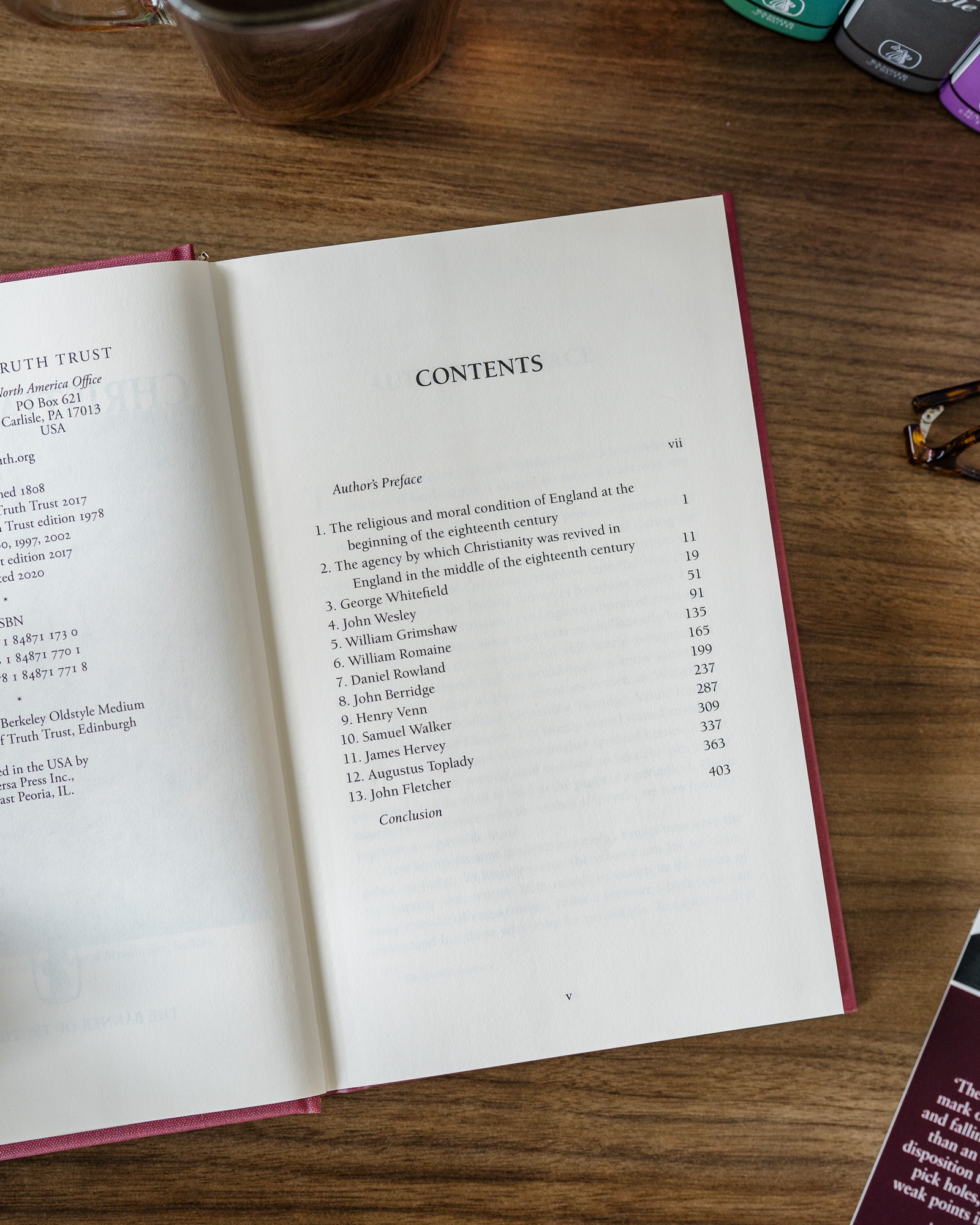
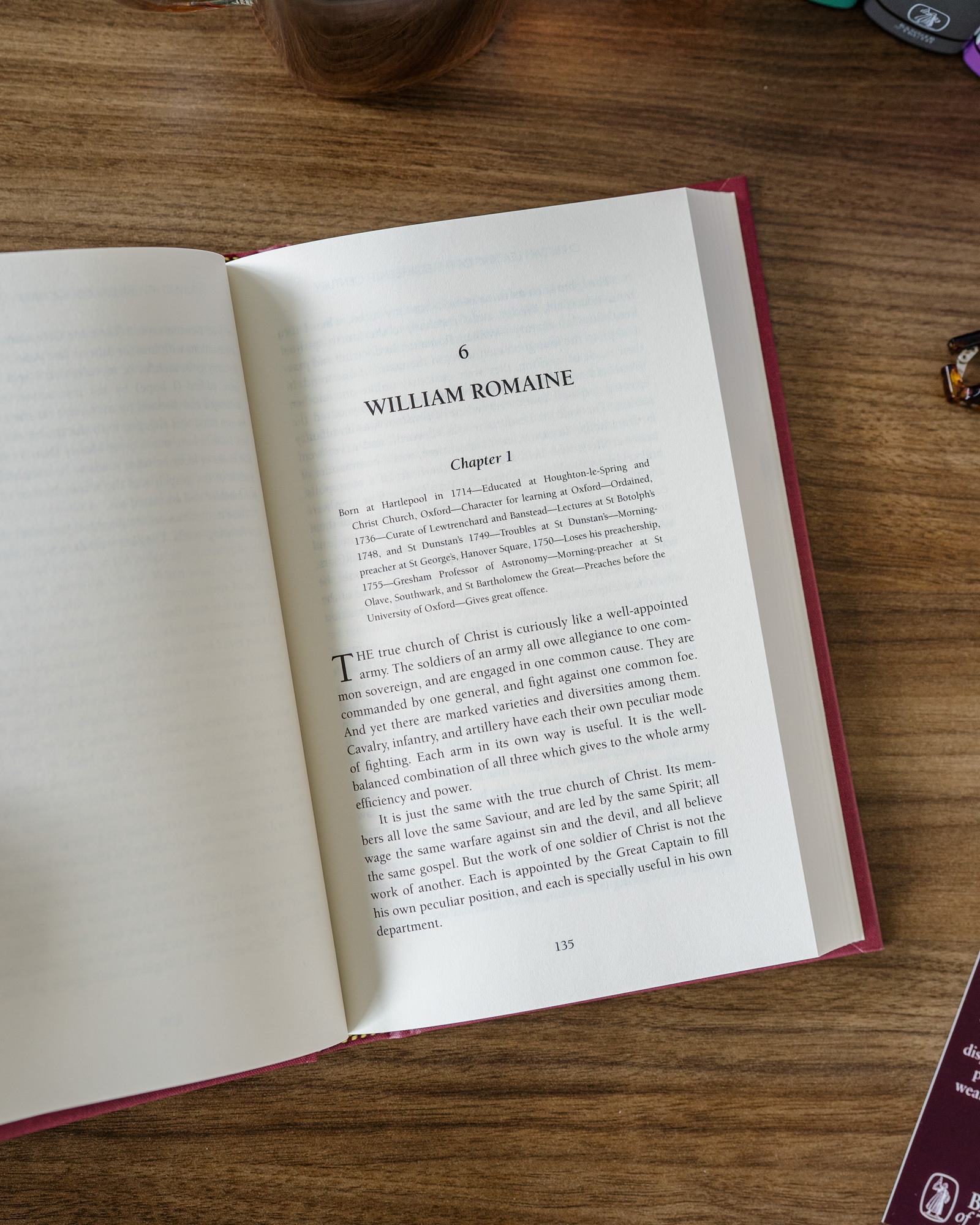

Ben House –
This edition of Christian Leaders of the Eighteenth Century by J. C. Ryle is published by Banner of Truth. This book is one of the many Ryle volumes that Banner has reprinted. These reprints include Holiness, Knots Untied, and Ryle’s Expository Thoughts on the Gospels. It would probably not hurt your pastor’s feelings if you bought him the “Ryle Clothbound Set” . (If anyone buys me the set, I will reimburse you with the copies of several of the volumes I already have in either Banner or other editions.) Iain H. Murray’s biographical work J. C. Ryle: Prepared to Stand Alone is also a delightful book (along with everything else that Murray has written.)
I might have titled the book under review a bit differently. I would suggest it be called Eleven Christian Leaders of the Eighteenth Century along with One from the Nineteenth Century. That title is too long, but it reflects the fact that the reader gets lots of insights into the Christian mind and character of the author, Bishop J. C. Ryle.
Let me begin my review with a different approach. These are Augustus Toplady’s four main points about preaching. Most of us know Toplady primarily for his hymn “Rock of Ages. The following is from page 352 of the book.
1. Preach Christ crucified, and dwell chiefly on the blessings resulting from his righteousness, atonement, and intercession.
2. Avoid all needless controversies in the pulpit; except it be when your subject necessarily requires it, or when the truths of God are likely to suffer by your silence.
3. When you ascend the pulpit, leave your learning behind you; endeavour to preach more to the hearts of the people than to their heads.
4. Do not affect much oratory. Seek rather to profit than to be admired.
These four points were not only at the heart of Toplady’s preaching, but were central to all the leaders who were the subjects of this biographical study. The past was no more totally Christian than the present is totally non-Christian. The Eighteenth Century, the 1700’s, began as a time of Christian and evangelical drought and deprivation. Scarcely a century after the waves of Puritan revivals, the faith had largely stagnated into Deism, formalities, and works righteousness for the churched folks. For the unchurched, many of whom were poor, ignorant laborers, gin and immorality were dominant.
God sent revival to the British Islands. The book begins with two chapters describing the cultural and religious conditions before and when the revival movement came. The first two leaders in this book are also the best known: George Whitefield and John Wesley. Each man’s story is a fascinating portrait of how God works to save sinners and raise up preachers. How odd that Whitefield was first lead by the Wesleys while at college, but then became the first of those three (John and Charles Wesley and himself) to be awakened to real, saving knowledge of Jesus Christ and of the new birth. Whitefield was the first to do something utterly shocking: Preach outside the walls of a church building. He ruffled lots of clerical feathers in the process.
Of course, he and his dear friends, the Wesleys, parted and sparred over Calvinism. I first became aware of this while in my freshman and sophomore years of college. Actually, what I became aware of was that there was a man named Whitefield (too often ignored in Methodist circles where I grew up) and Calvinism. I read Wesley’s sermon on Free Will and then Whitefield’s answer. Whitefield drove Wesley off the field in that battle. Wesley’s greater skills at organization and administration enabled the Wesleyan branch of Methodism to trump the Whitefield branch.
To a large degree, Whitefield was buried in church history until Arnold Dallimore penned the first volume of The Life and Times of George Whitefield. During those same decades, books like Ryle’s Christian Leaders were not handily available either.
Lest my proclivities make this a Whitefield versus Wesley/Calvinist versus Arminian post, Ryle always stated his commitment to a Calvinistic interpretation of Scripture while commending men who differed. His chapters on Wesley and John Fletcher, another Arminian, were included to highlight great preaching and the godly lives of these men. In regard to Augustus Toplady, who could often be the John Robbins of his day, Ryle notes that he was sometimes a bit too caustic in his attacks on Arminianism.
Whitefield, Wesley, and Toplady were the only three of the eleven that I was familiar with. The other men covered are William Grimshaw, William Romaine, Daniel Rowland (I think I had heard of these three a few times), John Berridge, Henry Venn, Samuel Walker, James Hervey (not the scientist), and John Fletcher. They were all great preachers and/or solid writers in their day. They were all Church of England men, as was Ryle. Most were highly educated.
Perhaps the most fascinating common trait was that most entered the ministry without a clear grasp of essential, evangelical, and Biblical doctrines. In their early sermons and ministries, we can say that, at best, they were muddled in their thinking. Did they even know God at those times? Were they saved, to use more contemporary language? Were their doctrines sound and orthodox? These questions involve some heart issues we cannot determine. But in their early days, their beliefs were incomplete and defective. It is utterly astounding how God reached each of these men (and no doubt, many others) in divers times and places and awakened their minds to the beauty and power of the saving grace of God.
For certain, these were not men to hide their lights under bushels. Quite the contrary, in each of the eleven stories these men pastored congregations, parishes, or whole lands (as in the case of Whitefield and Wesley) where they preached and preached and preached. In several cases, if they did not literally die in the pulpit, they preached themselves and worked themselves into early graves. Zeal for God’s House, Name, and Saving Grace consumed them.
Let me slip on my history teacher’s mantle for a moment: This type of biography is often called Hagiography. Hagiography (and I don’t like the sound of the word) is biography that describes the life of a saint or that idealizes the subject. Modern biographies written by authors aptly trained in historical studies tends to be more realistic, gritty, psychological, and objective. For some particular cases in point, compare Dallimore’s biography of Whitefield with Thomas Kidd’s George Whitefield: America’s Spiritual Founding Father or compare Iain Murray’s Jonathan Edwards with George Marsden’s Jonathan Edwards. (I like and have read all four works mentioned there.)
Sometimes, I found myself wishing that Ryle’s subjects could say or write something that didn’t sound overly stilted or spiritual. It seems as though none of these men said things like, “It has been a rough day and I have a headache.” Instead, they said things like, “I am been buffeted hither and yon by the storms of life, yea even by Satan himself, and I feel pain in my head reminding me of my own unworthiness and weakness in the flesh.” I like the heart of that last statement and subscribe to the need to think more Christianly, but sometimes feel that these men are too marble-like and ideal to have been flesh and blood folks like me, my pastor, my friends and brethren.
C. S. Lewis gives us the best reason for reading this book I can think of (and it makes me wonder if he read any of his fellow churchman of an earlier generation, Bishop Ryle). It is from his oft quoted and reprinted essay “On the Reading of Old Books.” He writes,
“Not, of course, that there is any magic about the past. People were no cleverer then than they are now; they made as many mistakes as we. But not the same mistakes. They will not flatter us in the errors we are already committing; and their own errors, being now open and palpable, will not endanger us. Two heads are better than one, not because either is infallible, but because they are unlikely to go wrong in the same direction.”
Reading this book–Christian Leaders in the Eighteenth Century–did not leave me thinking, “This is how it (Christianity) should be done.” It did leave me with lots of convictions, reminders, a few laughs, and a desire to see ongoing revival and reformation in our day. When and as God sends revival into 21st century North America, Brazil, England, Africa, etc., it will not look like the world Ryle described. But there is so very much found in this book that will be found whenever and wherever God pours out waves of revival and raises up Christian leaders.